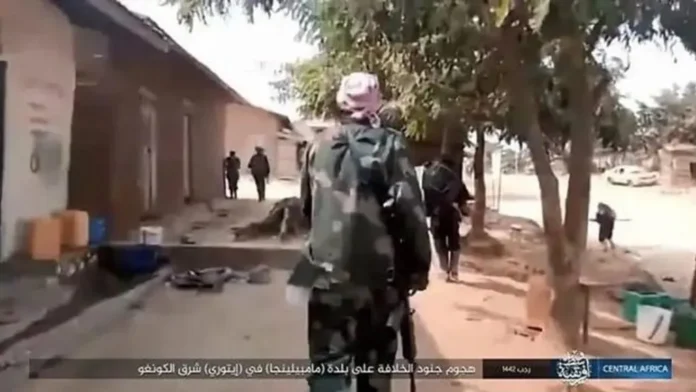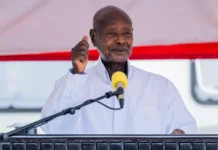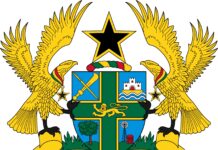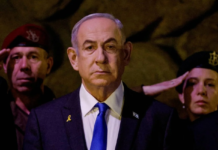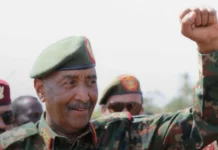Written by Lisa Murimi
More than 40 civilians, including nine children, were brutally killed during a night vigil in a church in northeastern Democratic Republic of Congo (DRC), in one of the deadliest recent attacks linked to the Allied Democratic Forces (ADF), a group affiliated with Islamic State’s Central African Province.
The UN peacekeeping mission, MONUSCO, confirmed the death toll at 43, including 19 women, 15 men, and nine children.
The attack occurred in Komanda, Ituri province, when ADF fighters descended on worshippers in the early hours, armed with machetes. Shops and local businesses were also looted and set ablaze.
“These targeted attacks against defenceless civilians, particularly in places of worship, are not only appalling but also in violation of all human rights standards and international humanitarian law,”said MONUSCO Deputy Chief Vivian van de Perre, urging immediate accountability for the atrocity.
The ADF, originally from Uganda, has operated across eastern DRC for years. Since becoming part of Islamic State’s Central African Province, its attacks have intensified.
BBC Monitoring reports that nearly 90% of IS activities are now carried out by its African affiliates, signalling a dangerous geographic shift in the group’s operational focus.
The Congolese army described the massacre as an act of revenge intended to disrupt joint military operations by Ugandan and Congolese forces, which continue to target ADF strongholds.
“We will pursue these terrorists to their last hiding place,” vowed Lt. Jules Ngongo, army spokesperson in Ituri province.
Despite the 2021 invitation for Ugandan troops to aid in ADF eradication, violence remains persistent in the mineral-rich Ituri region.
MONUSCO has recently warned of a “resurgence of violence,” citing additional ADF-led massacres earlier this month.
Regional and international actors are now under pressure to step up coordinated efforts to combat extremist violence and protect vulnerable civilian populations in eastern DRC.









